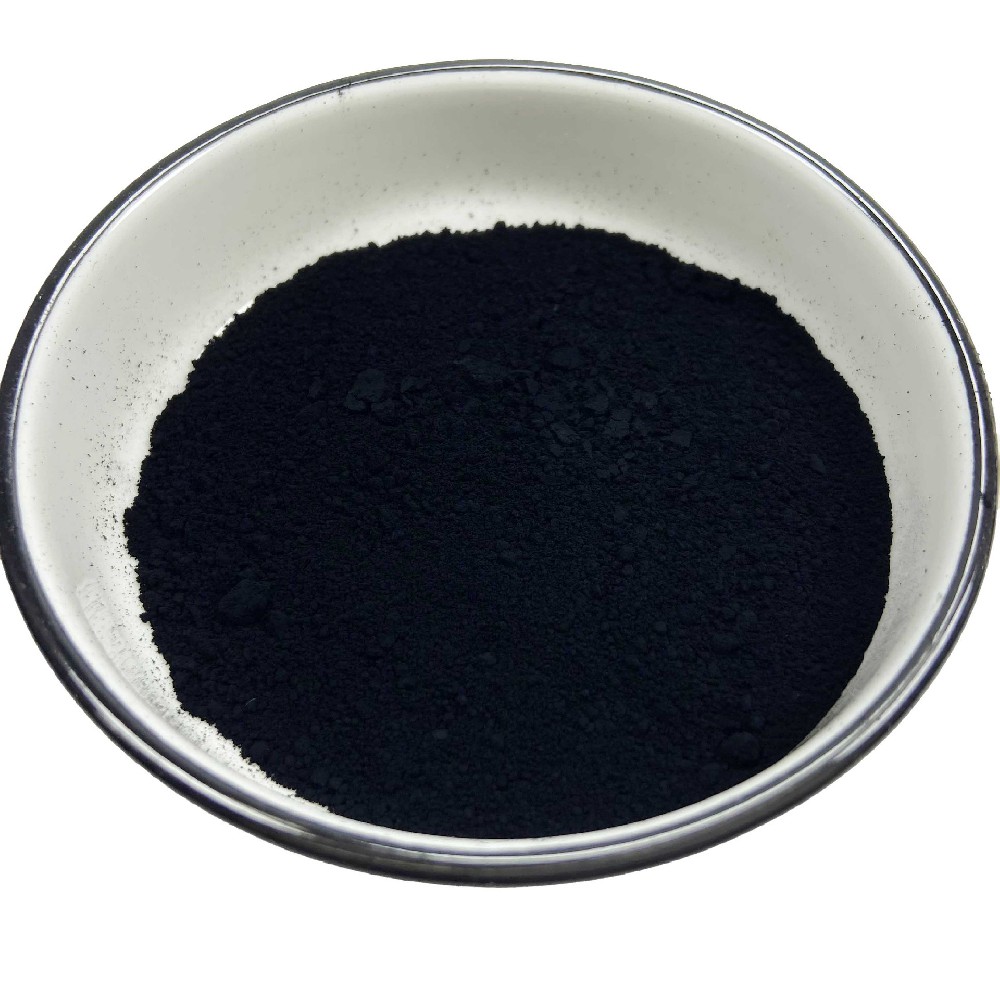Sales hotline
Sales hotline
Home >> Products >> Inorganic chemicals


CAS number:1314-87-0
molecular formula:PbS
molecular weight:239.26
EINECS number:215-246-6
Lead (II) sulfide (99.999% Pb) black powder;LEAD(II) SULFIDE, -200 MESH, 99.9+%;Lead(II) sulfide, 99.995%;LEAD SULFIDE, 99.999%;Lead(II)sulfide(99.999%-Pb)PURATREM;Lead(II)sulfide,min.85%;galena, naturally occurring mineral, approximately 1-2in;galena, naturally occurring mineral, grains, approximately 0.06-0.19in
Chemical Reagents; Catalysis and Inorganic Chemistry; General Reagents; Lead; Heavy Metals; Analytical Pure; Sulfide Powder - Lead Sulfide; Sulfide; Inorganic Chemical Raw Materials; Chemical Raw Materials;
| Melting point | 1114°C |
| Boiling point | 1281°C (estimate) |
| Density | 7.5 g/mL at 25 °C(lit.) |
| Refractive index | 3.921 |
| Storage conditions | 2-8°C |
| Solubility | Soluble in strong HNO<sub>3</sub>, in excess of hot HCl |
| Shape | Metallic Crystals, Powder Lump |
| Color | White |
| Specific gravity | 7.5 |
| Water solubility | Soluble in water (0.00086g/L) and acid. Insoluble in alcohol, and potassium hydroxide. |
| Crystal structure | Cubic, Halite Structure - Space Group Fm3m |
Merck | 14,5421 |
| Ksp precipitation equilibrium constant | pKsp: 27.1 |
| Exposure Limits | ACGIH: TWA 0.05 mg/m3 |
| Stability | Stable. Incompatible with oxidizing agents, acids, water. |
InChIKey | XCAUINMIESBTBL-UHFFFAOYSA-N |
| CAS database | 1314-87-0(CAS DataBase Reference) |
● Used as spectroscopically pure reagent
● High purity can be used as semiconductor.
1. Dissolve 75g PbAc2·3H2O in 1000mL distilled water, add solid NaOH until the resulting Pb(OH)2 precipitation is completely dissolved to form lead(Ⅱ) sodium Na2Pb(OH)4 solution. Another 17g of thiourea was dissolved in 1000mL of water and filtered. Mix equal volumes of the above two solutions and heat to boiling with stirring. When the temperature is between 38 and 40°C, the solution turns brown. When heated to 50°C, PbS crystals began to precipitate, and glossy PbS mirrors were formed on the walls and bottom of the beaker. To prevent boiling, the solution was transferred to another beaker and kept boiling for 10 min to complete the precipitation of PbS. The crystals were suction filtered, washed with cold water until the filtrate was not alkaline, and the precipitate was dried in an oven.
If hydrogen sulfide gas is passed into the acidic divalent lead salt aqueous solution, amorphous or partially crystalline PbS precipitates.
2. Place the mixture of lead carbonate and sulfur powder in a covered crucible and heat to 300°C:
After cooling, pulverize and sieve to obtain black powder. Amorphous lead sulfide, dry calcium carbonate and sulfur are mixed in a mass ratio of 1:6:6, ground and burned under red heat. After cooling, soak in water, precipitate, filter and wash with dilute hydrochloric acid to obtain crystalline lead sulfide.
Sales hotline:

 Scan and consult wechat customer service
Scan and consult wechat customer service